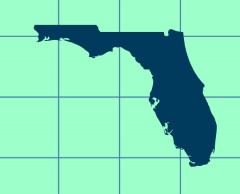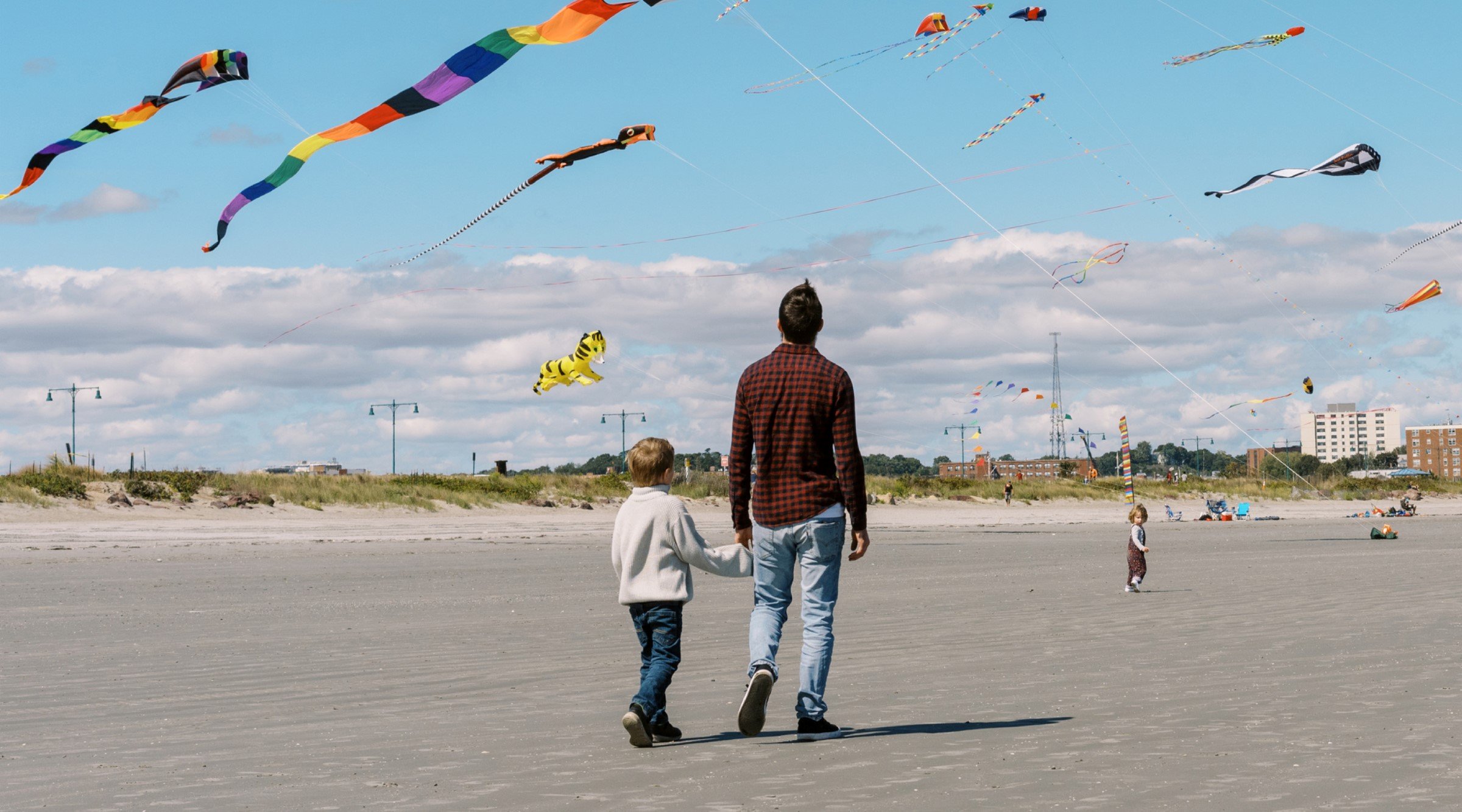
Heroes Inspire
Every day, public health professionals are working in the gaps-between healthy and harmed, between root causes and crises. They remain relentlessly focused on closing the distance between the communities they serve and the vibrant futures they hope to build. It's not easy but dedicated public health practitioners are standing tall and finding success.
They're working together to help prevent devastating health challenges such as suicide, overdoses, and adverse childhood experiences (ACEs) before they happen. Explore their stories to get inspired and leverage what they've learned in your own community.


A Whole Community Approach
Right now, public health programs are making a difference. They're working toward ambitious jurisdiction-wide goals with an innovative, two-part approach. It starts with building a whole public health community by encouraging interagency and public-plus-private collaborations that bring together new perspectives and skill sets in pursuit of common goals.
Investing in primary prevention efforts can help whole communities prevent trauma and its consequences by improving the conditions in which people live, work, and grow. Explore the success stories below to see how communities are harnessing this innovative approach to create lasting change.
See the Progress, Place by Place
Connecting the Puzzle

Through rigorous training, Massachusetts public health workers are learning how to recognize—and reckon on—the lasting impact racial inequity has had in their state.
Reframing ACEs Prevention in Massachusetts
Why and How to Make New Partnerships Work
Massachusetts leaders in early child development, child abuse prevention, community action, and family economic support share why cross-sector partnerships are vital and underscore the key components of building strong collaborative relationships.
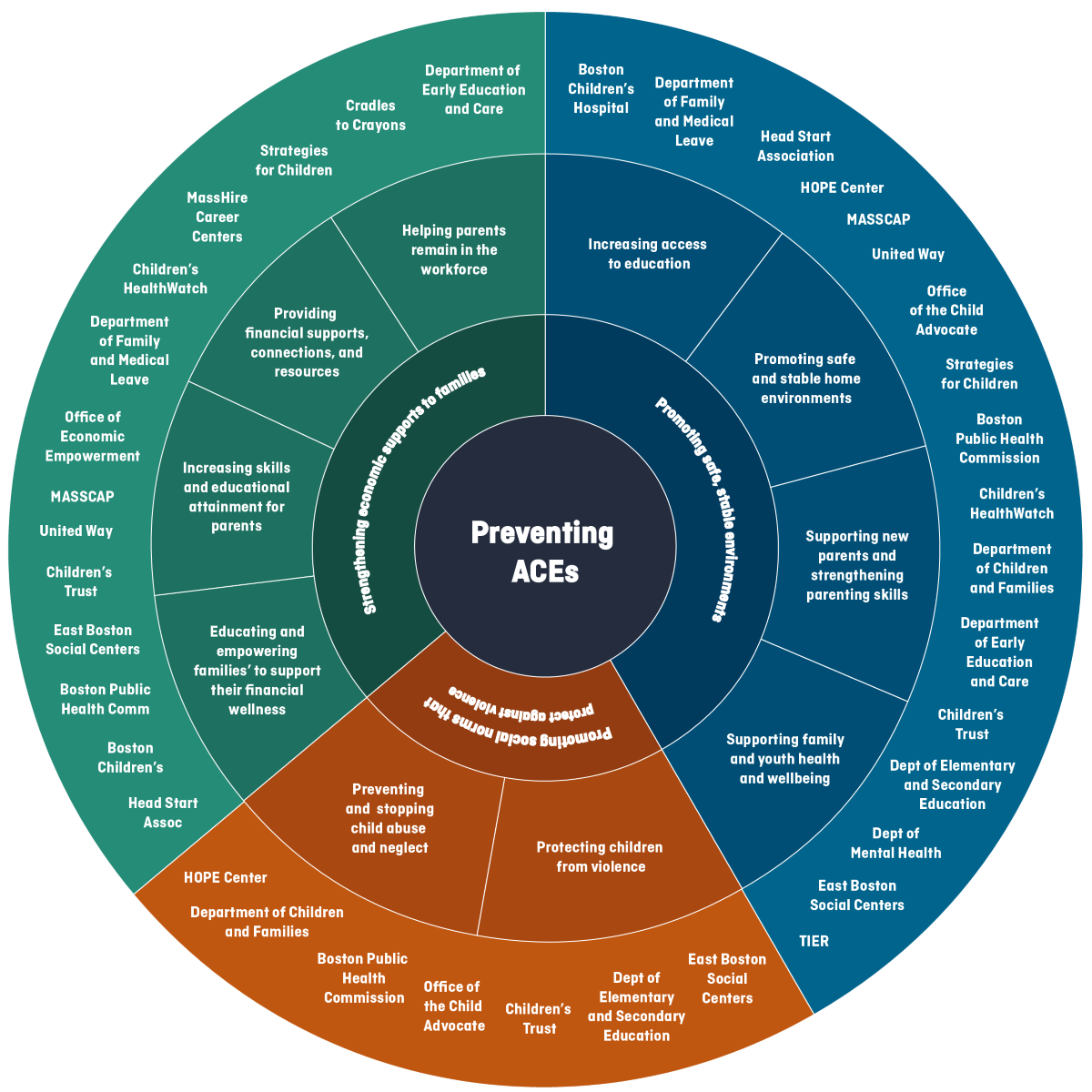
Access larger version of Preventing ACEs diagram
In Massachusetts, differing goals and strategies haven't kept almost two dozen community organizations and state agencies from finding common ground. Their distinct aims and perspectives have allowed the state to take a 360° approach to preventing ACEs and strengthening families.
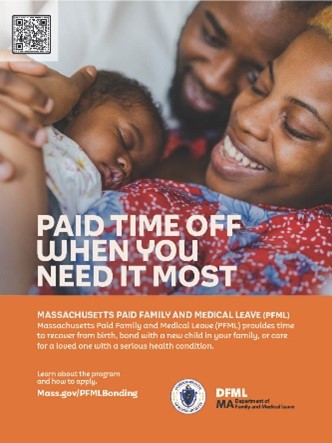
For the Massachusetts Department of Public Health, working with communities to help prevent suicide, overdose, and ACEs meant connecting all the pieces of the puzzle. By bringing together funding from the CDC's Essentials for Childhood and Preventing Adverse Childhood Experiences: Data-to-Action grants, building multi-sector partnerships, and engaging communities, they are helping to build safe, stable, and nurturing environments for children and families through effective collaboration.

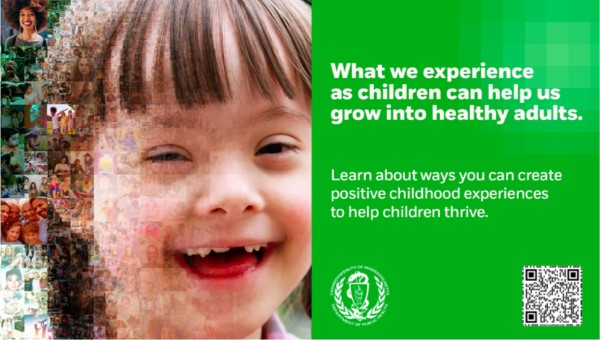
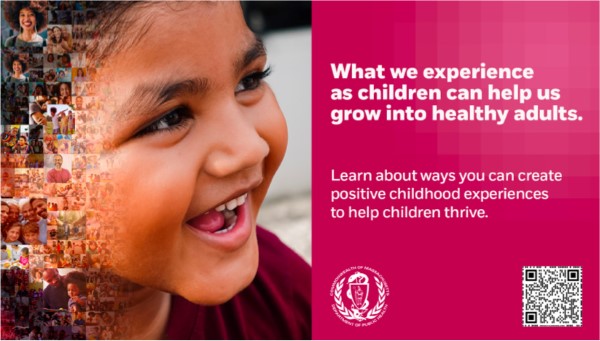
The Preventing Adverse Childhood Experiences Data-to-Action team worked with state and community partners to launch a new statewide educational campaign on the power of positive childhood experiences.
Quote from Christian White, Parent Representative Lead Recruiter & Coordinator for GCB.

"It is no secret that many people who serve in leadership roles who have access to resources do not adequately reflect or often lack connection to the communities and the people they serve. Massachusetts Essentials for Childhood Initiative's (EfC) approach to community engagement has been to foster relationships with one another and the communities each member comes from. We formed the Community Governance Board (CGB) with people throughout the Commonwealth, all of whom have nuanced connections within their respective communities.
CGB members feel safe and respected enough to bring their knowledge to EfC members and other officials. EfC has provided the platform for this amplification."

Making the Connection
A young father grappling with thoughts of suicide. A mother searching for help to manage her substance use safely. A child suffering abuse and neglect in silence. To many, these health challenges may seem as isolated from each other as the lives they affect. But public health workers know that suicide, overdose, and ACEs are connected-by shared risk and protective factors, and by the root causes of trauma. Helping individuals and families live happy, healthy lives means implementing new an innovative programs that address these issues holistically.
Working together, state, territorial, and freely associated state health agencies can play a crucial role in advancing prevention at the intersection of suicide, overdose, and ACEs by addressing root causes, connecting community needs, and reducing stigma and health disparities.

"When we put families at the center of our shared work, we can do amazing things that transcend silos and turf. The more teams work together and innovate, the better our solutions will be."
- Michael Fraser, PhD, MS, CAE, FCPP, ASTHO Chief Executive Officer

Explore More Ways to Close the Distance
Share Your Story
Your work truly makes a positive impact, and we want to hear about it. Share your story and become a source of inspiration for public health professionals striving to make a difference.
Additional Florida Resources
Suicide Prevention | Florida Department of Health
Overdose Data to Action | Florida Department of Health
Adverse Childhood Experiences in FL Adults | Florida Department of Health
Additional Puerto Rico Resources
Suicide Prevention | Government of Puerto Rico
Suicide Prevention Commission Staff Directory | Government of Puerto Rico
This project was made possible by the OT18-1802 Cooperative Agreement, award #6 NU38OT000290-04-01 from the Centers for Disease Control & Prevention. Its contents are solely the responsibility of the authors and do not necessarily represent the CDC.
